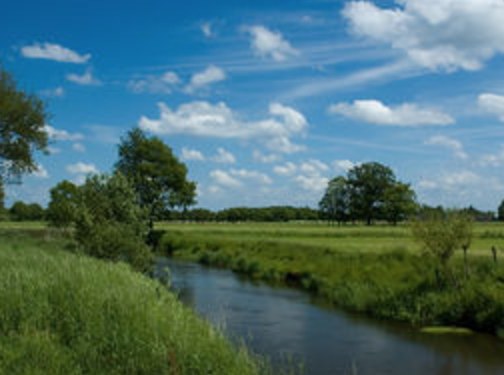Today, Dutch parliament will discuss the budget of the Ministry of Infrastructure and the Environment. Although, this ministry has a long history with developing policies and practices around open data and geodata is part of the primary workprocess, there is much that this department can do. To benefit from the economic and societal benefits of open data, data should be available, findable, accessible and re-usable.
More data should be available
In 2015 en 2016 (download .xlsx hier) the departement of Infrastructure and the Environment participated in the government-wide data inventory. For a verifiable government, one that enables better informed (policy) choices, the department of Infrastructure and the Environment should start to timely release data on results and achievements, ie. the broadening of roads, its investments in air quality and the implementation of infrastructural projects.
National environment and space data
For governments, both local and national, and society, data on the environment is vital. Air quality, soil quality, water quality, road monitoring data and information about flora and fauna. The availability of accessible data is also crucial for the implementation of the environmental code. Environmental open government data should be available to citizens, businesses and government.

Hacking for Sustainability
This year, the Ministry of Infrastructure and the Environment worked together with Open State Foundation on hacking for sustainability. Primary sources are Atlas Leefomgeving and Atlas Natuurlijk Kapitaal and data from the Province South-Holland such as air quality, parks, bicycle lanes and energy production. Here’s a view of datasets from raw data of Atlas Leefomgeving and Atlas Natuurlijk Kapitaal.
How to find data?
There is a variety of portals and initiatives and also other government departments, municipalities and knowledge centers publish open (geo) data. Local authorities, provinces, water boards and municipalities administer a lot of environment data. This fragmented supply creates barriers for citizens, businesses and governments and creates unnecessary costs. However, air quality or the environment as such can not be captured within the boundaries of governments, municipalities or provinces.
A single decentralised datalist
In the UK there is something called the ‘single data list‘, a list of all the datasets that local government must submit to central government. Governments, local and regional authorities, agencies and ministries exchange a lot of digital government information. To improve the availability and accessibility of data that is crucial for the benefit of the environment, the ministry should work with these local and regional governments to establish a single decentralised datalist.
